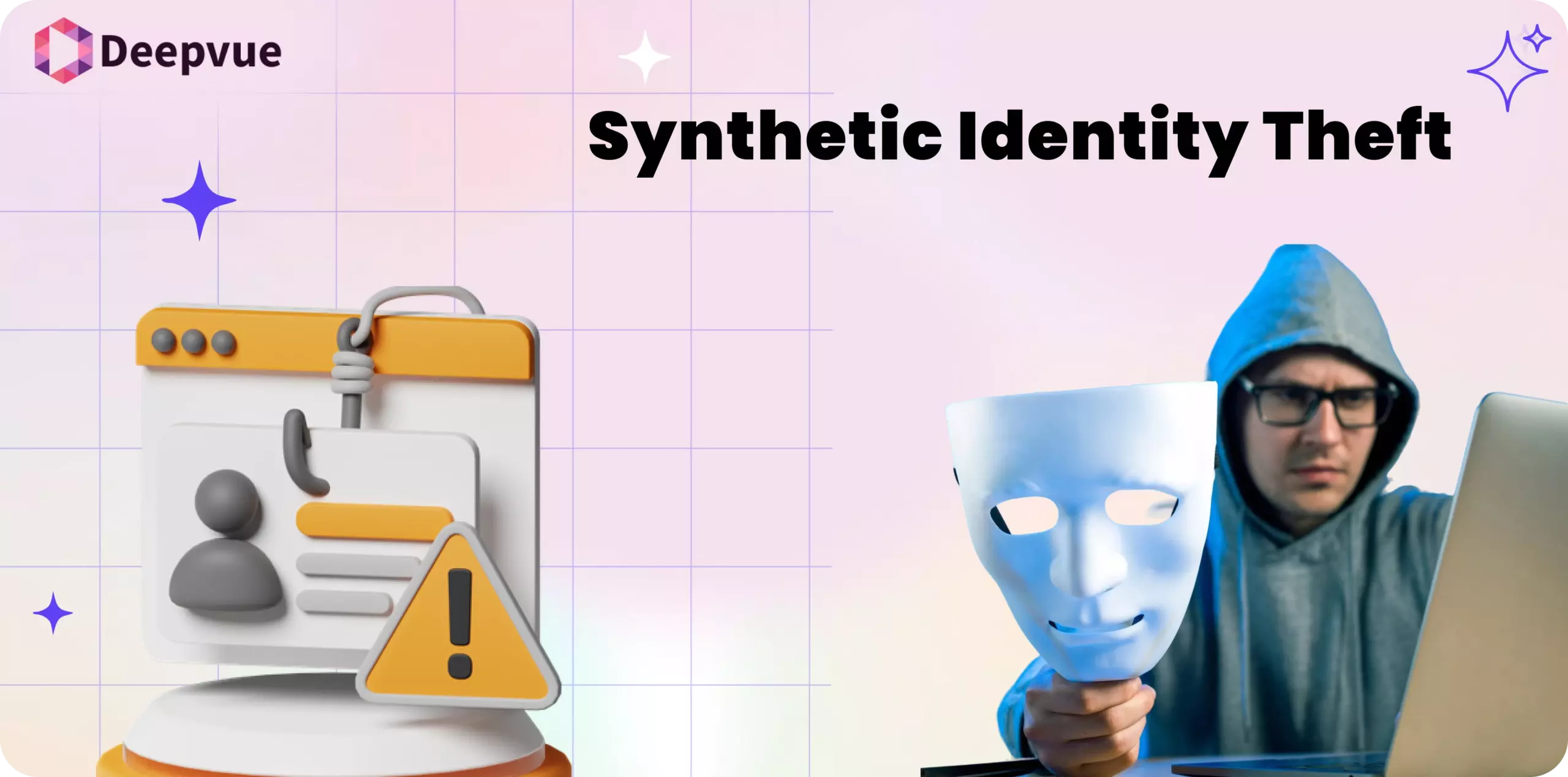Understanding eKYC
Electronic Know Your Customer (eKYC) is a process that allows individuals to complete the identity verification process electronically, without the need for physical documents or in-person verification. This digital method of identity verification has gained significant traction in various industries due to its efficiency and convenience.
Definition of eKYC
eKYC refers to the electronic process of verifying the identity of an individual using their unique identification credentials such as the Aadhaar number. It enables organisations to authenticate the identity of their customers or users remotely, thereby simplifying the onboarding process and reducing the need for physical paperwork.
Key components of eKYC
The key components of eKYC include the Aadhaar authentication, which serves as the primary source of identity verification in India. Additionally, the eKYC process involves the use of digital signatures and encryption to ensure the security and integrity of the verification process.
Key Benefit of eKYC
One of the primary benefits of eKYC is the convenience it offers to individuals and organisations. It eliminates the need for physical document submission and in-person verification, thereby saving time and resources. Moreover, eKYC enables swift and seamless onboarding processes, leading to improved customer satisfaction.
How eKYC Works
Process of eKYC
The eKYC process typically begins with the collection of an individual’s Aadhaar number, followed by the submission of the necessary details to the Unique Identification Authority of India (UIDAI) for authentication. Upon successful authentication, the individual’s identity is verified electronically.
Technologies used in eKYC
eKYC leverages technologies such digital signatures, and encryption to securely verify the identity of individuals. These technologies play a crucial role in ensuring the integrity and confidentiality of the verification process.
Compliance and regulations related to eKYC
eKYC is subject to various compliance requirements and regulations, particularly in the financial and telecommunications sectors. Organisations conducting eKYC must adhere to the guidelines set forth by regulatory authorities and controller certifying authorities to ensure the legality and validity of the process.
Impact of eKYC on Identity Verification
Enhanced security and fraud prevention
eKYC enhances security by leveraging advanced authentication and encryption technologies, thereby reducing the risk of identity fraud and unauthorised access. It enables organisations to verify the identity of individuals with a high degree of accuracy and reliability.
Streamlined customer onboarding process
By eliminating the need for physical document submission and in-person verification, eKYC streamlines the customer onboarding process, leading to faster account openings and service activations. This, in turn, improves the overall customer experience and reduces operational costs for organisations.
Challenges and Limitations of eKYC
Data privacy concerns
One of the primary concerns associated with eKYC is the potential risk to individuals’ data privacy. The collection and storage of personal information for electronic verification purposes raise concerns about data security and unauthorised access.
Regulatory challenges
eKYC is subject to evolving regulatory frameworks, and organisations must ensure compliance with the latest guidelines and requirements. Keeping up with regulatory changes and implementing necessary updates can be challenging for organisations.






